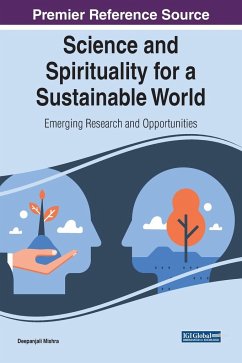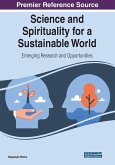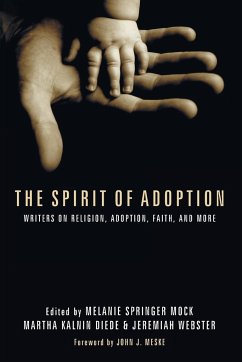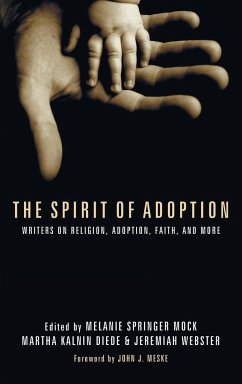Spiritual masters through the ages have devised methods different than those of science for investigating the great mystery of nature by, for example, immersing themselves in it, making use of silence, stillness, and solitude. The scientific and spiritual quests have been the two great quests of humanity, but somehow a feeling has developed that science is antagonistic to spirituality. Since the whole of reality is built up of both matter and consciousness, why should the quest for the understanding of order in the external world be antagonistic to the quest for the understanding of order in the inner world of our consciousness? Science and Spirituality for a Sustainable World: Emerging Research and Opportunities brings together theories, methodologies, new ideas, experiences, and applications emphasizing the importance of both spirituality and skill for leadership and sustainable management, sensitizing leaders and management practitioners toward the spirituality-skill paradigm, skill-based leadership, and highlighting the role of spiritual values for environmental sustainability. Featuring a wide range of topics that focus on the relationship between spirituality and science such as spiritual education, management practices, and traditional wisdom, this book is essential for researchers, academicians, administrators, managers, professionals, policymakers, and students.








